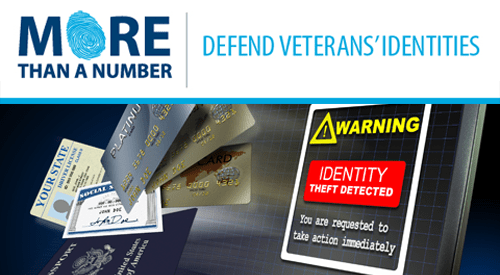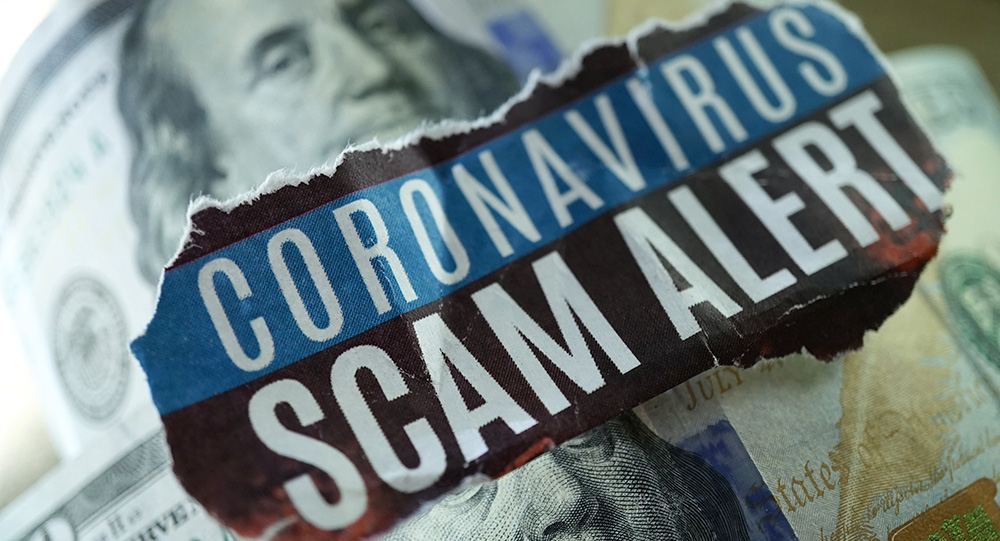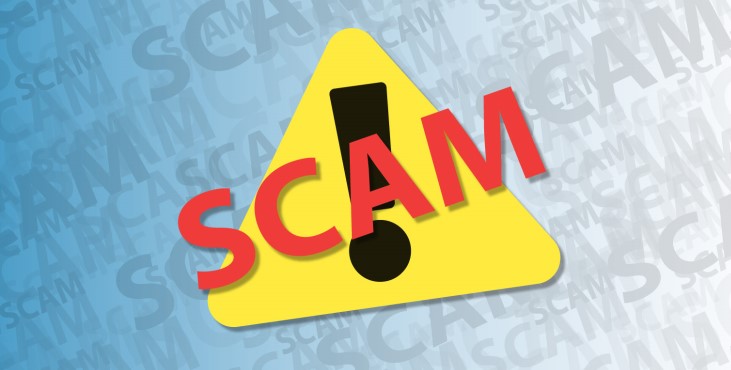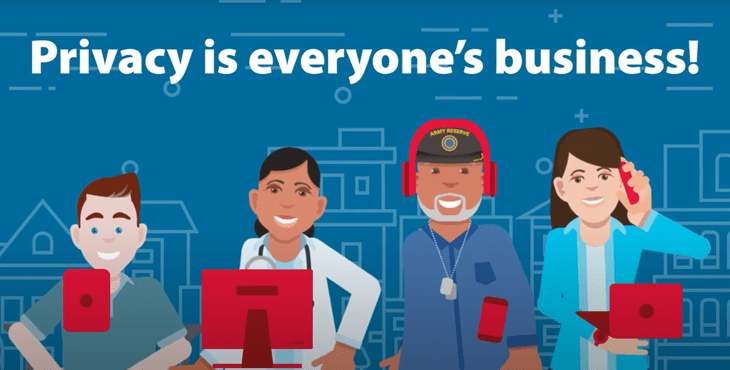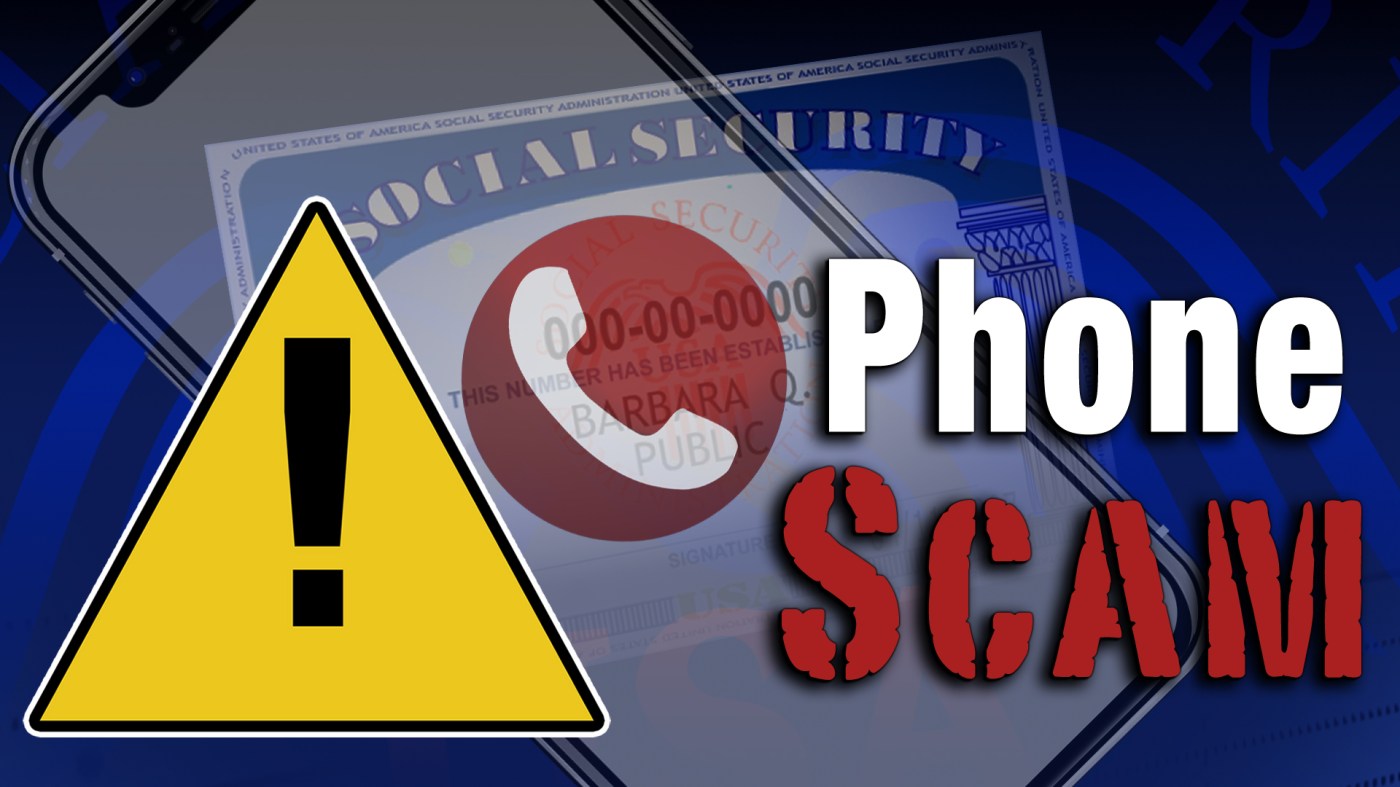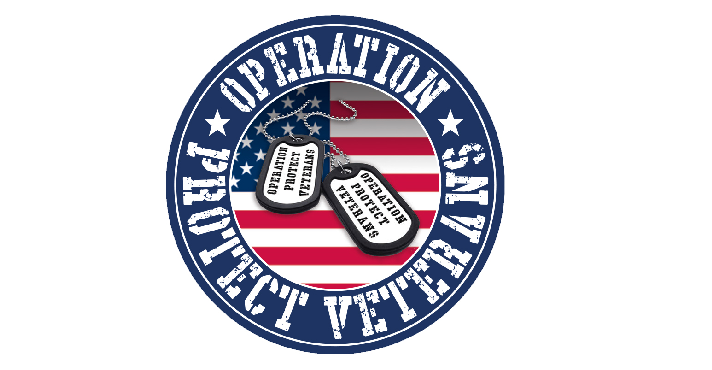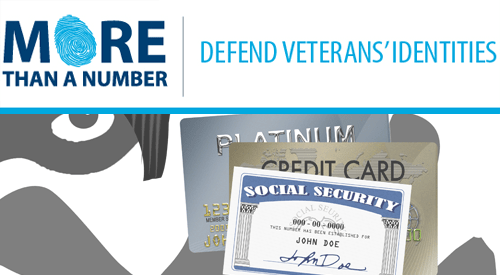Learn to recognize the signs of social media scams to protect yourself and your family members from becoming victims of fraud.
Veterans and their families are cautioned to not post photos of their vaccination cards on social media. You could be inviting identity theft with the data visible on your card.
Storytelling is a wonderful way to teach. Check out this classic story of Little Red Riding Hood told in a new way – and share it with your friends, family, children and grandchildren.
Veterans are twice as likely to lose money to fraud because of identity theft, phishing, impostor scams, and investment, loan, or donation deceptions.
During the coronavirus pandemic, Americans have turned to accessing critical health care and financial services online and on their mobile devices. VA’s Office of Information and Technology (OIT) has security tools to protect Veterans’ personal information online.
How to recognize scam calls and emails about Social Security benefits and information and report them to the Social Security Administration.
Beware of a telephone scam where someone is calling Veterans and requests money to process their claims for benefits.
The Postal Inspection Service and AARP are warning all Americans who have served in the military to look out for Veteran-tailored scams
Scammers are targeting service members using fake job offers to obtain personal information and charging large fees for military records and forms.
If you or someone you know has encountered any military-affiliated scam, you can join the fight by sharing your experiences, good and bad, with the Fraud Watch Network by calling 877-908-3360.
As tax-filing season begins, Veterans should be aware of people contacting them who claim to be from the Internal Revenue Service and the Treasury.

